.jpg)
For an industry as expansive as cannabidiol (CBD), precise, evidence-based safety guidelines have been notably absent. Despite a significant portion of American adults, approximately 60%, experimenting with CBD and attributing medicinal benefits to it, official dosage recommendations were non-existent until a groundbreaking review. This review has, for the first time, set a maximum daily CBD intake of up to 160 milligrams (mg) for "healthy" adults, while advising a cap of 70 mg for individuals trying to conceive, pregnant, or breastfeeding.
This move is a major advancement towards legitimizing the CBD industry with health- and science-driven guidance. The introduction of daily limits facilitates the inclusion of specific labeling on CBD dietary supplements, offering clarity on dosage, especially for special groups. Let's delve into the significance of these guidelines.
Historically, CBD dosing has been a game of guesswork, with the lack of peer-reviewed studies leading experts to advise starting with minimal doses and gradually increasing. This approach was born out of necessity, but as CBD's popularity for its mental and physical health benefits grows, so does the need for more precise dosing instructions. With projections indicating that over 900 million people globally will be using CBD by 2027, driven by its potential benefits for anxiety, pain management, depression, insomnia, and general well-being, the call for scientific validation has never been louder.
Science is beginning to support CBD's benefits, with studies highlighting its effectiveness in treating conditions like anxiety and its comparison to melatonin for improving sleep quality. These findings have prompted researchers to focus on safe dosage levels for daily consumption.
In September 2023, Regulatory Toxicology and Pharmacology published a pivotal report outlining maximum oral intake limits for CBD, derived from extensive evaluation of data from human clinical trials and animal toxicity studies. The report proposes an "acceptable" daily intake of 0.43 mg of CBD per kilogram of body weight for the general population, translating to 30 mg/day for a 70-kg adult, inclusive of all sources of CBD intake. Furthermore, it recommends upper limit intakes tailored to specific adult groups, taking into account potential reproductive effects and risks of liver injury, with suggestions ranging from 70 mg to 160 mg per day depending on the individual's health status.

The study underscores the importance of protecting liver health and reproductive well-being, given CBD's potential impact on liver enzyme levels and developmental toxicity observed in animal studies. These recommended limits aim to mitigate such risks by establishing safe consumption thresholds.
For CBD producers, this study emphasizes the necessity of producing reliable, thoroughly tested products. The early years of the CBD industry were plagued by inconsistent product quality, with many products not containing the advertised amount of CBD. As the industry progresses, clear, accurate labeling regarding purity, potency, and recommended dosages becomes crucial.
Consumers are advised to consider their health status and select products from reputable brands that provide transparent product testing results. Prioritizing brands that use organic hemp and adhere to high-quality production standards can also reduce the risk of contamination with harmful substances.
This study represents a significant step towards establishing evidence-based dosage guidelines for CBD, reflecting the industry's maturation and commitment to health- and science-based practices. As we anticipate further research, the focus remains on safeguarding consumer health, guiding industry practices, and informing regulatory decisions.
About the Author:
Scott Mazza, co-founder and COO of Vitality CBD, combines his finance background with a deep-seated belief in the benefits of hemp as a natural alternative to traditional pharmaceuticals. Committed to promoting wellness, Scott's work is pivotal in steering the CBD industry towards greater transparency and quality assurance.
Follow us on Instagram, there's even more interesting stuff there.

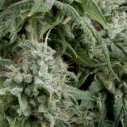
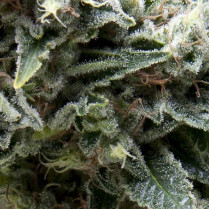
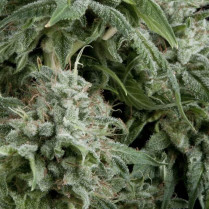
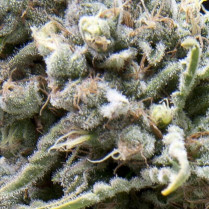
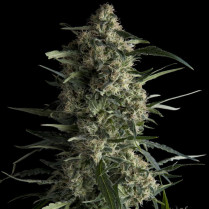
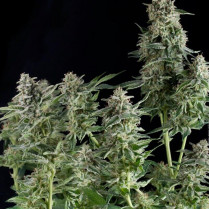
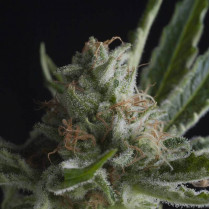
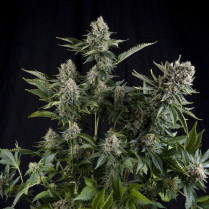

Comments (0)
New comment